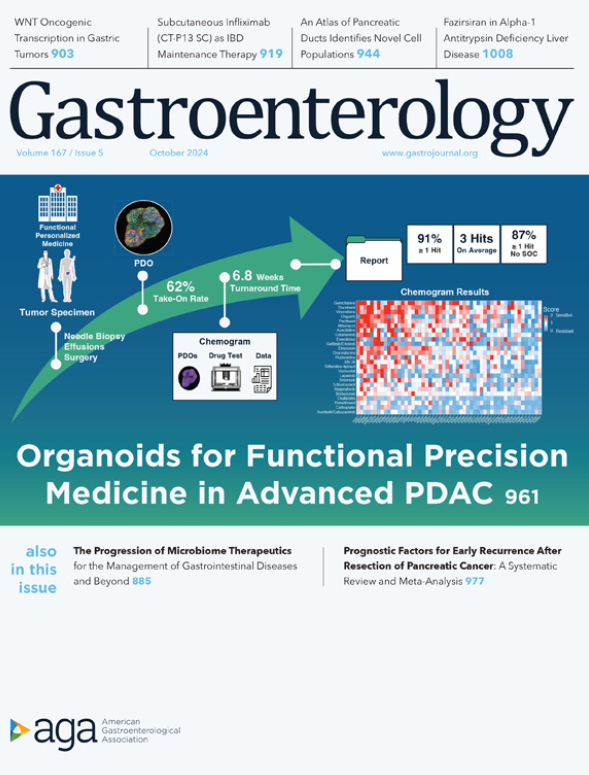
Across the Western world, the prevalence of these chronic and serious conditions, which have no cure, is rising. In Denmark alone, 50,000 people suffer from either Crohn’s disease or ulcerative colitis, which represents a doubling in cases over the past 20 years.
While many people are diagnosed in early adulthood, a smaller group is identified during childhood, particularly if they experience symptoms like weight loss, abdominal pain, diarrhea, and bleeding. Now, researchers from the Center for Molecular Prediction of Inflammatory Bowel Disease (PREDICT) at Aalborg University have found evidence that children diagnosed with IBD before the age of six already show biological changes associated with the disease at birth.
PhD student Jonas Julius Rudbæk from PREDICT explains: “By comparing blood samples from newborns who later develop IBD with those who do not, we can better understand what happens in the body before symptoms appear. Since young children often cannot describe their pain, this could open the door to screening newborns for early signs of the disease, potentially allowing us to prevent its onset.” However, Rudbæk emphasizes that this research is still in its early stages: “This is the first time such a connection has been demonstrated globally, and it’s an incredibly important step. Now, the field needs to further explore the details of what we’ve uncovered.”
A severely affected subgroup
IBD is marked by an overactive immune system, leading to chronic inflammation in the intestines, which causes persistent diarrhea, abdominal pain, and fatigue.
In recent years, researchers have learned that certain inflammatory markers can be detected in blood samples up to 10 years before an official diagnosis. This suggests the disease begins developing much earlier than previously thought. However, researchers are often limited by the availability of biological samples taken before a diagnosis, and the 10-year window likely reflects how far back the available data goes. This new study suggests that only children diagnosed before the age of six show biological changes in their blood at birth. “We only see these early signs of IBD in very young children, while those diagnosed later in childhood don’t show such changes at birth. This supports the idea that we are dealing with a specific group of children who are particularly severely affected, making it crucial to investigate preventive options for this subgroup,” says Jonas Rudbæk.
Professor Dr. Med. Tine Jess, director of PREDICT, adds: “Our study is a unique example of how Denmark’s health data and biobank resources can provide crucial insights into the origins of diseases. In the future, the knowledge we can gain from this resource will help prevent many chronic conditions, including inflammatory bowel diseases, not only in Denmark but worldwide.”
Gastroenterology: “Inflammatory Markers at Birth and Risk of Early-Onset Inflammatory Bowel Disease”. DOI: 10.1053/j.gastro.2024.07.007
